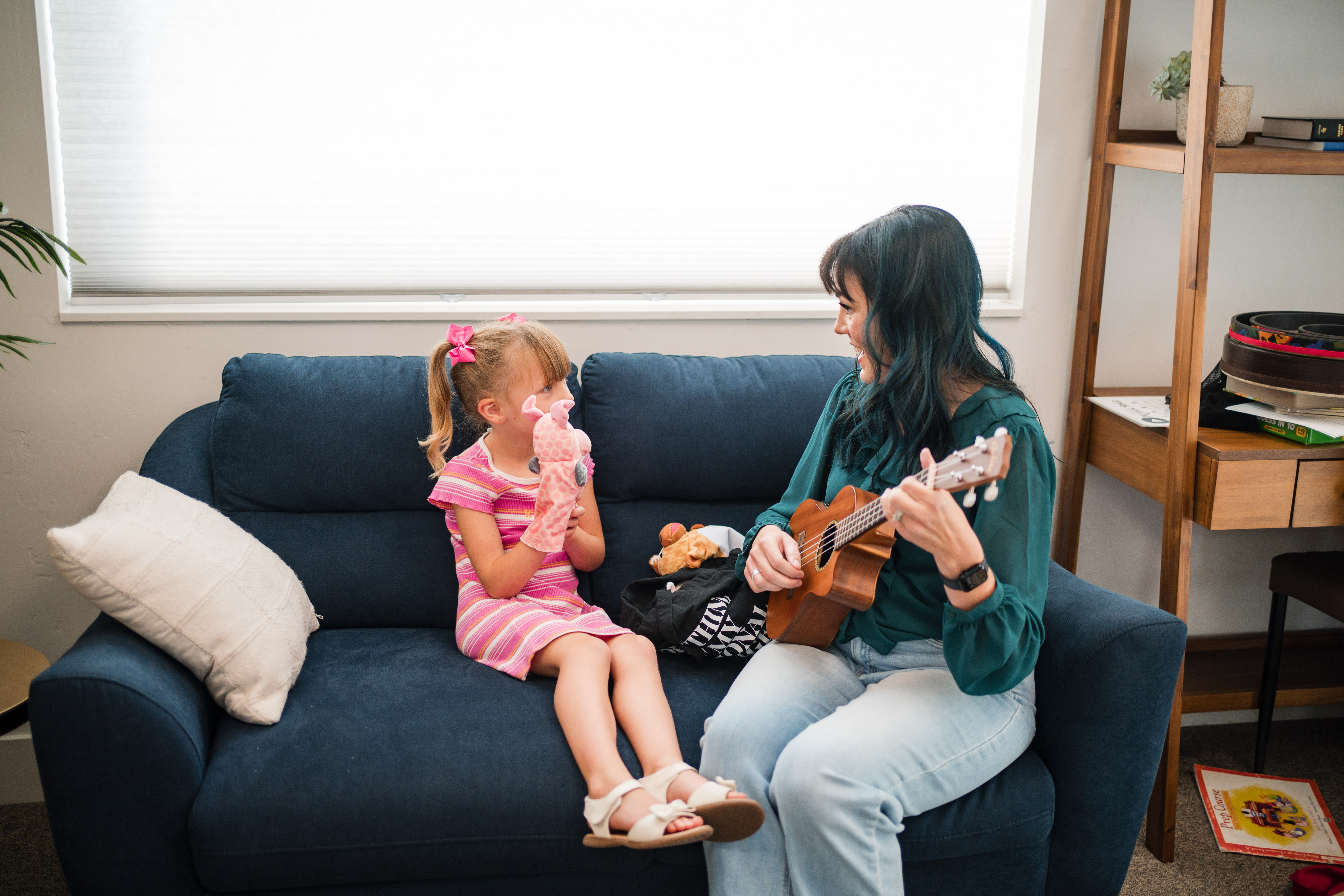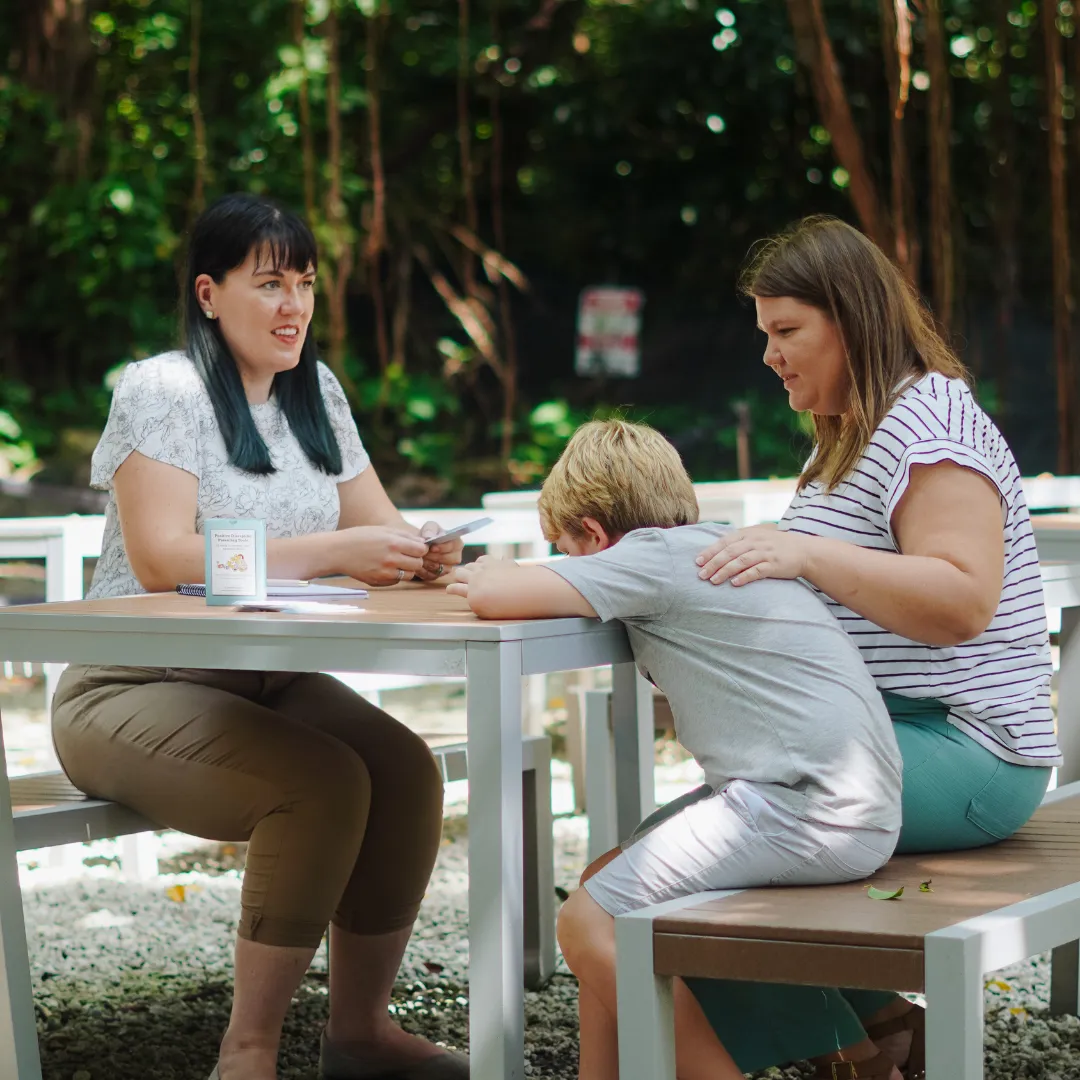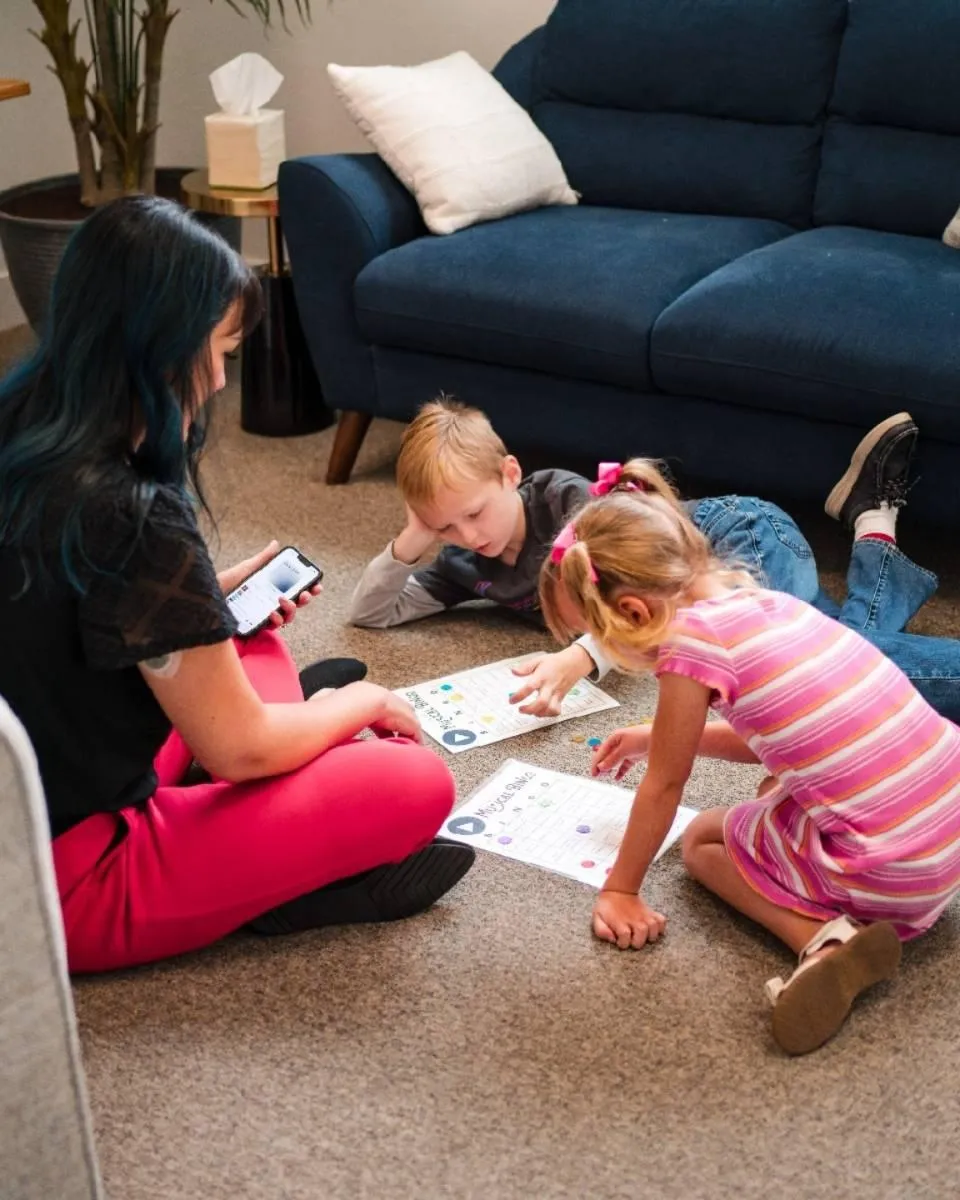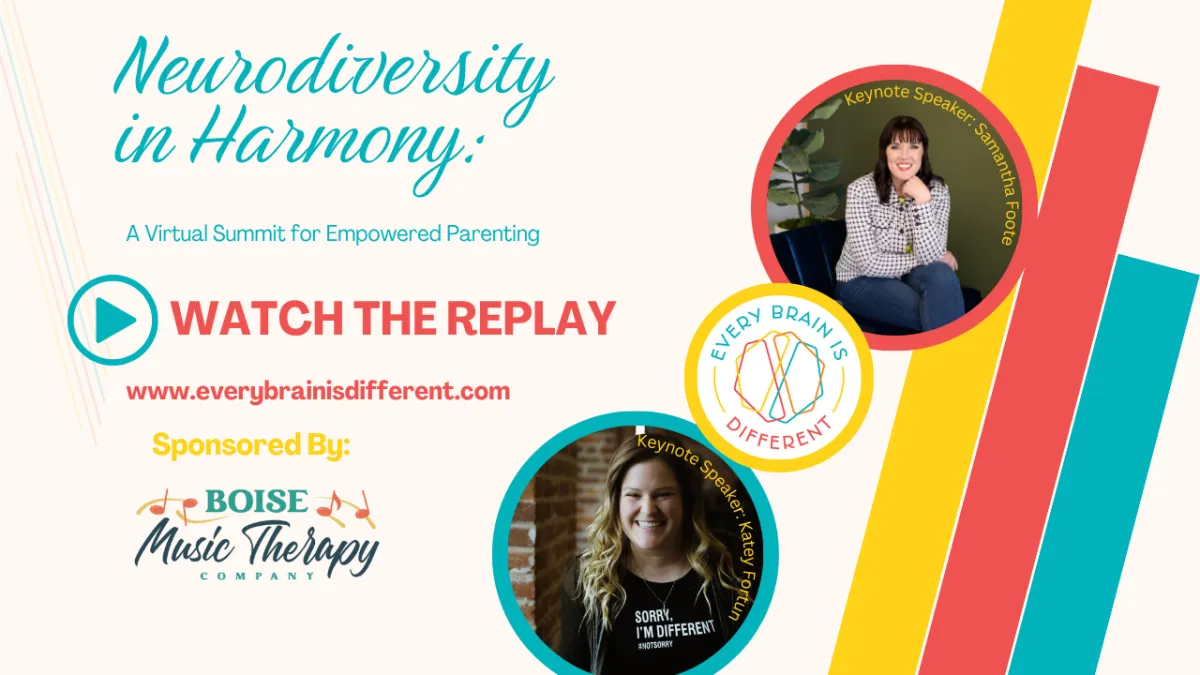Neurodivergent Parenting Community
Designed for parents and professionals who support neurodivergent children by offering tools, connection, and confidence to empower families and set children up for success.
Neurodivergent Parenting Community
Designed for parents and professionals who support neurodivergent children by offering tools, connection, and confidence to empower families and set children up for success.

You’re committed to providing meaningful support to neurodivergent children, whether you’re their parent or a professional walking alongside them. Yet navigating the complexities of neurodiversity can feel overwhelming.
You want the children you care for to feel understood, confident, and happy but the world of information and online advice can be confusing, contradictory, and hard to apply.

Parents:
Are you exhausted from piecing together advice from the internet, teachers, and specialists… and nothing feels like it actually works for your child?
Are you stuck in a cycle of impulsive behaviors, hard transitions, and school phone calls that leave you feeling overwhelmed and unsure how to help?
Are you worried about the sensory challenges, the shirt-chewing, the hair-eating, the meltdowns, and wish you knew how to support your child’s nervous system in a way that actually brings relief?
Are you anxious about friendships, bullying, and whether your child will truly be understood and accepted for who they are?
More than anything, do you want a deeper connection with your child and a clear, confident path to supporting their unique needs without feeling lost or alone?

This Community Is a Perfect Fit for You If You’re a Professional Who:
Is committed to supporting neurodivergent children but often feels limited by time, training, or school/clinic policies.
Wants to better understand neurodivergent behaviors beyond surface-level labels or “one-size-fits-all” strategies.
Feels frustrated seeing children misunderstood or mischaracterized, but doesn’t always have the tools to advocate effectively.
Wants to deepen collaboration with parents, but communication sometimes feels strained or misaligned.
Is tired of searching through overwhelming online advice and wants clear, practical, research-informed strategies that actually work in real environments.
Wants to feel more confident explaining neurodiversity to caregivers in ways that build trust instead of tension.
Wishes you had a supportive community of like-minded professionals and parents working toward the same goal... helping neurodivergent children thrive.

Here’s what you need to know about raising neurodivergent children:

You can help your child thrive, and cultivate a more profound, meaningful connection with them when you embrace empowering, neuroaffirming strategies to create a nurturing home environment

Traditional parenting methods might not work for your kids - and that’s okay. There’s a way to parent your child that will both make you feel empowered.
.

Embracing positive parenting strategies not only strengthens your bond with your children but also cultivates a nurturing environment where they can thrive emotionally, academically, and socially.
These strategies empower you to navigate challenges with patience and understanding, promoting harmony and mutual respect within your homes.
Imagine if…
Your home environment naturally supported your child's behaviors, providing a calm and structured space where they could thrive without constant struggles.
Everyday routines and activities were tailored to meet your child's specific needs, reducing stress and fostering positive interactions within your family.
Strategies for managing challenging behaviors were widely understood and applied, creating a harmonious atmosphere where your child feels understood and supported at all times.

I understand...
Hi, I’m Samantha. I empower parents of neurodivergent children to feel confident, supported, and informed as they navigate the unique journey of raising their children. As a board-certified music therapist and Positive Discipline Parenting Consultant, I provide compassionate guidance and evidence-based strategies to foster understanding, celebrate neurodiversity, and help families thrive.
I understand the challenges of parenting neurodivergent children firsthand. To be honest, my journey raising three children diagnosed with autism, ADHD, and other things hasn’t been easy. Beyond managing daily tasks, these challenges were layered with fears of failure, perfectionism, judgment, and grappling with imposter syndrome. It's incredibly draining, never knowing if you're making the right decisions.
Questions like:
Are my kids receiving enough therapy, or perhaps too much?
Should I homeschool or keep them in traditional schooling?
Why don't they want to invite friends over?
Have I damaged my relationship with them during moments of overstimulation?
It's disheartening when traditional parenting methods don't seem to work, but what else is there? I deeply understand the worries about your children when they don't look like their peers, and you notice people judging. It wasn’t until I found a community that I felt more empowered in my parenting and confident in my choices. It doesn’t mean that I feel confident all the time, but I know there’s always someone in my corner. Now, I realize the critical importance of having a supportive community where we can share ideas, vent, and learn from each other. I believe that together, as parents, we possess the collective wisdom needed to effectively support our children.
Introducing:
The Neurodivergent Parenting Community
A membership designed to help you feel empowered as a parent to best support your child
Supportive Peer Network:
Connect with other parents facing similar challenges and share experiences, tips, and encouragement.
Expert Guidance and Resources:
Access to curated resources, expert advice, and evidence-based strategies tailored to neurodivergent parenting.
Live Q&A Sessions:
Monthly sessions with specialists and professionals to address specific concerns and provide guidance.
Interactive Workshops and Webinars:
Participate in workshops and webinars covering a range of topics from behavior management to educational advocacy so you can feel confident in your choices.
Community Events and Activities:
Engage in virtual meetups, themed activities, and community-driven initiatives to foster a sense of belonging and camaraderie.
Access Anytime, Anywhere:
Enjoy flexibility with online access to resources and community interactions, fitting into your schedule and needs as a parent.
Examples of Topics:
What is neurodivergence?
Medicaid Resources
Other resources…music therapy, occupational therapy, speech therapy, aqua therapy, hippo therapy
What is masking?
Why do kids behave well at school and come home to have meltdowns?
What is stimming and why is it good?
Private Channel for Providers who want to learn about working with neurodivergent children
AND SO MUCH MORE!

The Bottom Line is this...
You can continue to struggle with the same frustrating parenting strategies. Or you can make a change.
It’s time to embrace new approaches that will help you cultivate a positive, connected relationship with your child and equip you with tools to effectively manage meltdowns when they arise.


